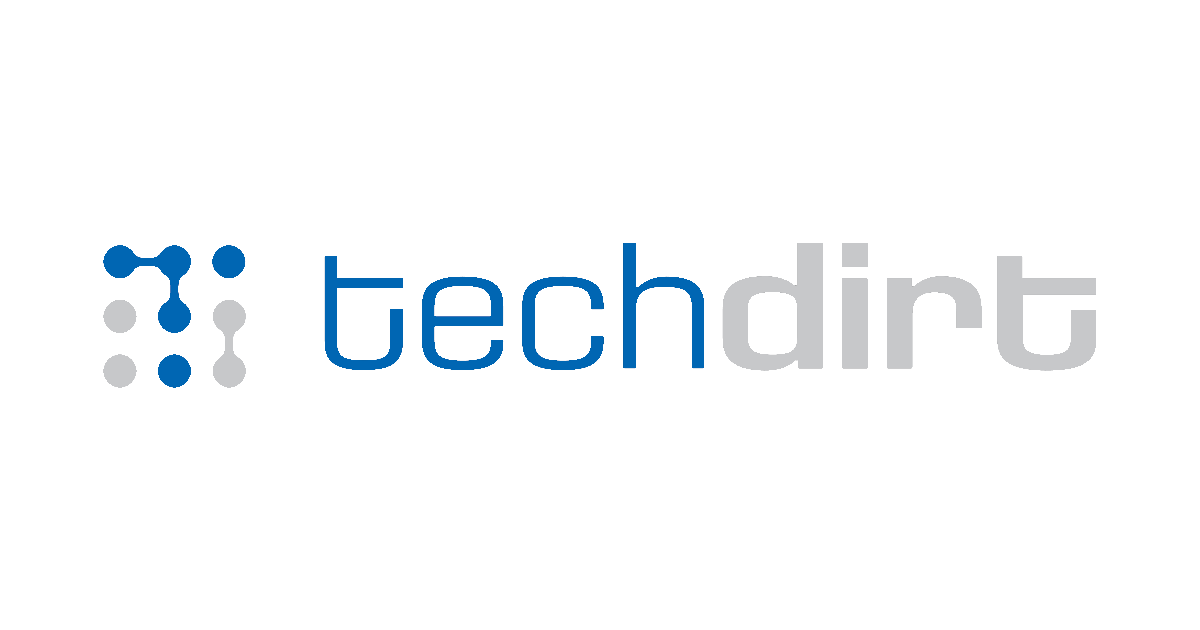

Ich verstehe, dass du dich irgendwie gestört fühlst. Man könnte die Gesetze ändern. Aber was genau will man damit erreichen? Warum ist es so wichtig zu kontrollieren, was andere Leute mit ihren Geräten machen?
Mir geht es bei dieser Frage um diesen Willen zur Machtausübung. Es gibt ja schon ultra-viele Vorschriften, sodass man Computer-technisch kaum was machen kann. Ich glaube nicht, dass es Lemmy-Instanzen in der EU gibt, die rechtskonform sind. Was soll sowas?






















Das wird so nicht funktionieren. Es ist ziemlich egal, wie du die Verleumdung verbreitest. Es kommt darauf an, dass du es tust.
In diesem Fall ist es ziemlich unwahrscheinlich, dass irgendjemand bei OpenAI jemals auch nur von diesem Mann gehört hat. Wie können sie ihn dann verleumden?
Sollte sein Ruf durch das Produkt gelitten haben, dann gäbe es wahrscheinlich die Möglichkeit Schadenersatz zu verlangen. Der Artikel gibt aber keinen Hinweis auf so einen Schaden. Ich sehe nicht mal einen Hinweis, dass sonst irgendwer ChatGPT über den Mann befragt hätte, geschweige denn die Aussage geglaubt hat.